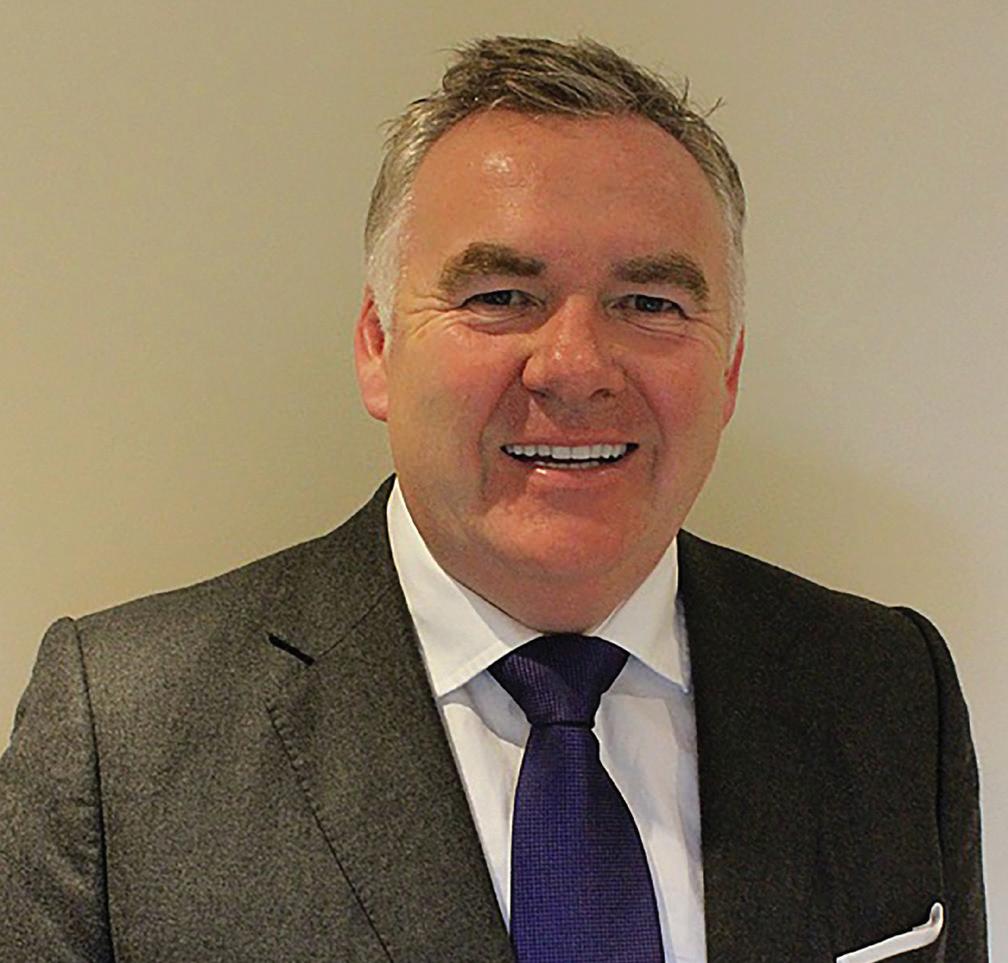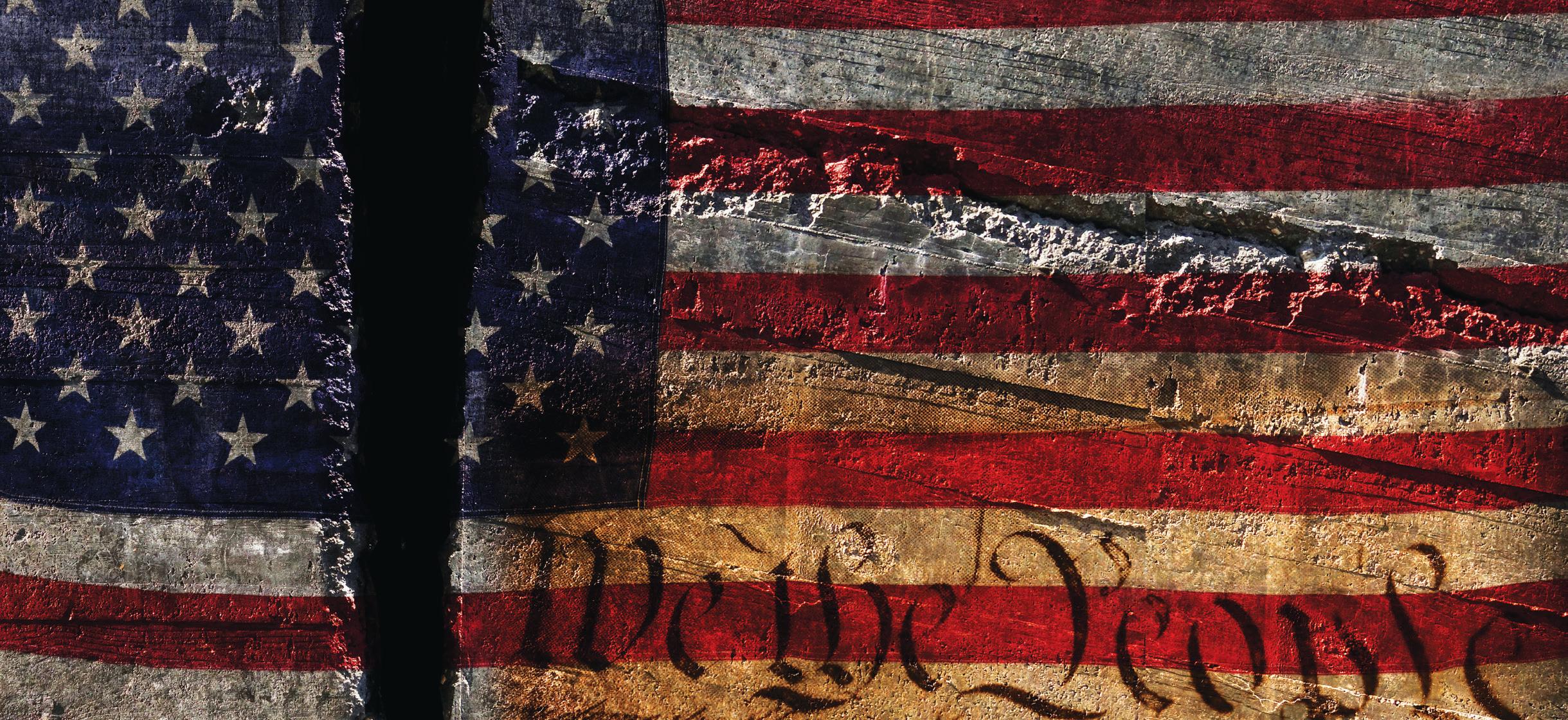SPORTECH
As we have had more discussions with the Governors’ negotiators, it has become clear that our lack of inclusion was not meant as a sidelining in the way that it may have first appeared, which has been a very positive outcome. The discussions are ongoing between all parties to see if we can find a way that we can continue this expanded gaming initiative without any issues of litigation. We feel that we have a very strong legal standing, and ultimately all parties want to reach a solution and progress the issue.
PLAYING THE LONG GAME We have been strong supporters of gaming expansion here in Connecticut for a number of years, and can certainly say that I feel like our voice is being heard a lot clearer now than at the start of proceedings. We have had some great discussions, especially with Governor Lamont’s chief of staff Paul Mounds, and I feel that since we entered into discussions, progress has certainly been made, and we hope that we can keep this progressing smoothly. I am certainly optimistic that we can get a deal done here that makes sense for everyone involved. Gaming expansion in Connecticut is certainly a significant binary event for us, and it has been years in the making. It is a major focus for Sportech. We have 400 employees in Connecticut, and we’re the only operator currently allowed to make any online bets, so to exclude us and award operational rights to other parties without any RFP process, we feel would not only be wrong, but also against federal precedent. We know about sports betting, and what has become clear in our detailed discussions with the Governor’s office is that for some in the state, this is alien. But not only betting, gaming and gambling, but also fixed-odds betting, which is a completely new concept to a lot of people in the US. This is something I have really noticed in the last few years. We certainly hope that our experience in the matter, and that we’ve been able to provide the state to help people understand it, enables legislature to clearly understand the nuances of multi-operator betting markets and the implications in practice. There certainly are issues with the inclusion of the state lottery in operations. State lotteries run non-competitive businesses that have around 50% no-risk margins, so why legislature would want to enter into highly-competitive markets that have closer to 6-7% GGR margins is unknown. It seems like putting money at risk, especially when it can’t be hedged out of state. We are definitely trying to be involved in assisting this process and helping stakeholders realise the detail and implications of gaming market expansion.
THE EUROPEAN EXPERIENCE We have drawn attention to our prior gaming experience in European markets as part of our stance in Connecticut, as that 32 GAMINGAMERICA
“WE HAVE 400 EMPLOYEES IN CONNECTICUT, AND WE’RE THE ONLY OPERATOR ALLOWED TO MAKE ONLINE BETS, SO TO EXCLUDE US AND AWARD OPERATIONAL RIGHTS TO OTHER PARTIES WITHOUT ANY RFP PROCESS WOULD BE AGAINST FEDERAL PRECEDENT.“ prior experience is invaluable. We engaged Paul Leyland from Regulus Partners to help educate the Connecticut legislature in the trends particularly seen in Europe and Australia. Because if you’re going to write a rule book and start from scratch, it pays dividends to look at what has already happened in other areas. There are lessons to be learned from Europe and the way that fixed-odds horse racing markets have worked in the past, how sports betting works now, how social responsibility measures have progressed, and how advertising standards have been enhanced. All of these experiences can be invaluable as people look to move forward, especially somewhere like Connecticut, which is going to be building a market from the ground up. There appears to be a reticence from some in the United States to make best use of these clear lessons. Naturally many stakeholders are very open to learning about the history of gaming markets in Europe and Australia, but in some quarters there certainly seems to be a feeling that the US is a totally different market and should be approached in total isolation. I believe it’s crucial for legislative bodies to take on as much of these experiences as possible because once laws are set they become very hard to change.
GOING FORWARD One thing that I have found from living and working in the US is that it’s not a singular entity, rather than this idea of one United States. Each state is very different. They may have the same currency and federal laws, but beyond that, they are staggeringly different in every aspect of business operation. Not only do you have different state governance structures, with different priorities and ways of going about business, you also have tribal governments having a big input in a lot of decision making as well. We’ve seen this first hand in Connecticut in our gambling expansion plans. Hopefully we’ll all be able to work together for a mutually-beneficial resolution, as opening up a sports betting market here in Connecticut has implications for the entire state. We all have a great opportunity here and we hope that we can get it over the line. It’s been an interesting challenge so far.










